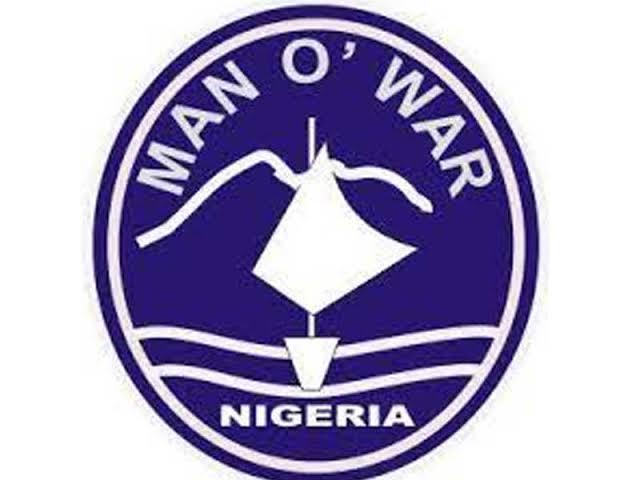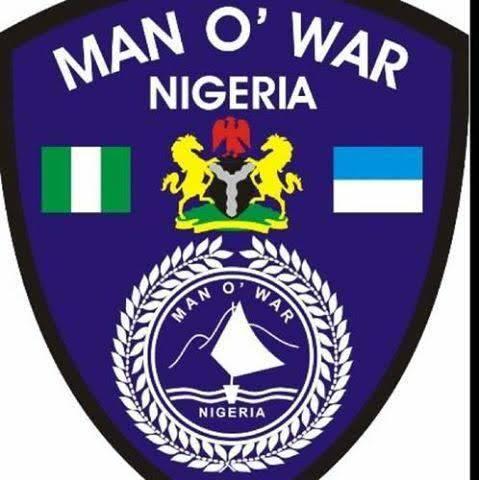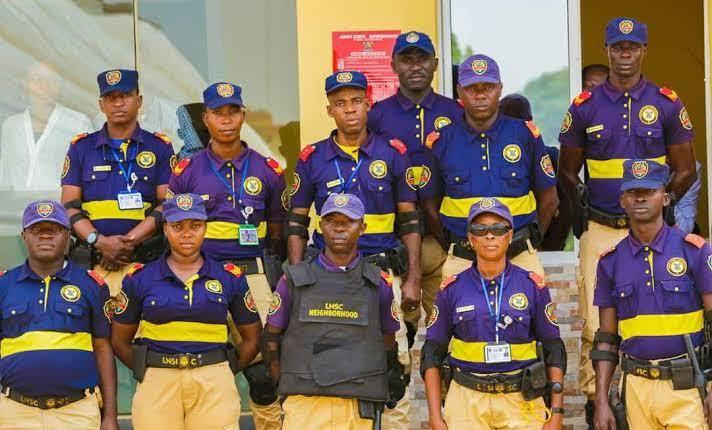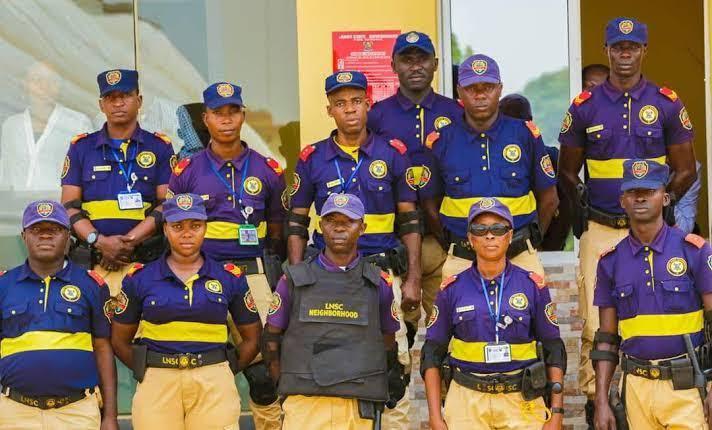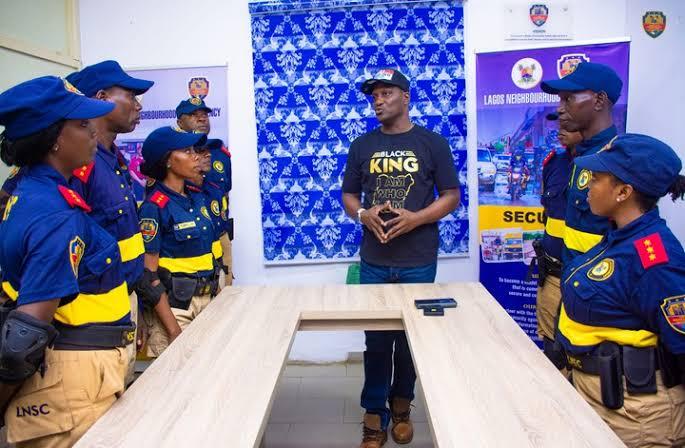Explore Our Bill Payment Services:
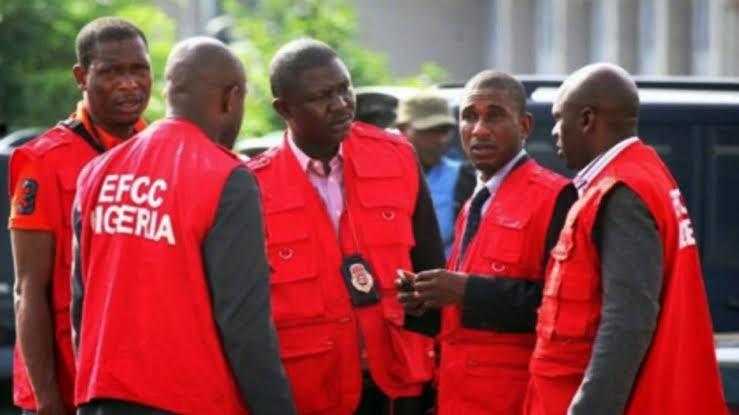
- Military And Defence
- Para-Military Guide
- Nigeria
Functions Of Efcc In Nigeria: Their Official Roles & Responsibilities
The Economic and Financial Crimes Commission (EFCC) is one of the most powerful and active anti-corruption agencies in Nigeria. Created in 2003, the EFCC is responsible for investigating and prosecuting a wide range of economic and financial crimes.
In this verified guide, you'll learn:
-
The core functions of the EFCC
-
Their legal authority and how they operate
-
Crimes and cases under their jurisdiction
-
The EFCC’s impact on Nigeria’s fight against corruption
Let’s dive in.
What Is the EFCC?
The EFCC (Economic and Financial Crimes Commission) is a Nigerian federal agency under the Federal Ministry of Justice.
It was created by the EFCC Establishment Act of 2004 (initially formed in 2003), mainly in response to the increasing cases of:
-
Advance fee fraud (419)
-
Public sector looting
-
Money laundering
-
Financial scams
-
Cybercrime
The EFCC works closely with both local and international bodies to investigate, arrest, prosecute, and recover stolen assets.
Official Functions of EFCC in Nigeria
Here are the core functions and duties assigned to the EFCC by law:
1. Investigation of Financial Crimes
EFCC’s most important function is to investigate crimes such as:
-
Bank fraud
-
Identity theft
-
Internet fraud (Yahoo Yahoo)
-
Credit card scams
-
Bribery and corruption
-
Corporate fraud
They gather evidence, trace funds, and arrest suspects during or after investigations.
2. Prosecution of Offenders
EFCC has the legal authority to prosecute suspects in court. They work with the Office of the Attorney General, but have an independent legal team that handles:
-
Court filings
-
Arraignment of suspects
-
Legal arguments and trials
-
Securing convictions
Many high-profile cases in Nigeria are handled directly by the EFCC’s legal unit.
3. Enforcement of Economic and Financial Laws
The EFCC enforces existing Nigerian laws related to financial crimes, including:
| Relevant Laws Enforced by EFCC | Purpose |
|---|---|
| EFCC Establishment Act 2004 | Foundation for EFCC powers |
| Money Laundering (Prohibition) Act | Prevention of illicit money transfers |
| Advance Fee Fraud and Related Offences Act | Targets 419 and similar scams |
| Banks and Other Financial Institutions Act (BOFIA) | Regulates banking fraud |
| Criminal Code & Penal Code | General criminal enforcement |
4. Asset Recovery and Forfeiture
The EFCC recovers stolen government funds, proceeds of crime, and illegally acquired properties.
Recovered items include:
-
Cash (Naira, Dollars, etc.)
-
Real estate
-
Vehicles
-
Jewelry
-
Company shares and assets
Recovered assets are either returned to government accounts or auctioned by court order.
5. Collaboration with International Agencies
The EFCC works with global and regional bodies to track criminals who operate across borders.
Partnership agencies include:
-
Interpol
-
FBI (United States)
-
UK’s National Crime Agency (NCA)
-
United Nations Office on Drugs and Crime (UNODC)
-
West African anti-corruption agencies
This cooperation helps track internet fraudsters, money launderers, and corporate fugitives hiding abroad.
6. Public Awareness and Anti-Corruption Campaigns
EFCC also educates the public, especially youths, through:
-
Seminars & workshops in schools and universities
-
Public enlightenment programs
-
TV, radio, and online campaigns
-
Hosting the EFCC Youth Corpers Anti-Corruption CDS Group
The aim is to build a culture of integrity and discourage young Nigerians from cybercrime.
7. Cybercrime Monitoring and Enforcement
EFCC’s Cybercrime and ICT Unit tracks online criminals who:
-
Hack bank accounts
-
Operate fake investment platforms
-
Engage in romance scams
-
Use cryptocurrency for fraud
EFCC often collaborates with telecoms, banks, and fintechs to track digital footprints.
8. Intelligence Gathering
The EFCC has an intelligence and surveillance department that:
-
Monitors suspicious transactions
-
Receives petitions from the public
-
Collects tip-offs from whistleblowers
-
Tracks high-profile suspects before arrests
9. Policy Advice and Recommendations
The EFCC provides advice to the Federal Government on:
-
Anti-money laundering strategies
-
Financial regulations and reforms
-
Institutional corruption policies
This helps to strengthen Nigeria’s legal and financial systems.
Summary Table: EFCC Core Roles
| Function | Description |
|---|---|
| Investigation | Detect and expose financial crimes |
| Prosecution | Try and convict suspects in courts |
| Asset Recovery | Recover stolen or misused funds/assets |
| Cybercrime Enforcement | Track and arrest internet fraudsters |
| Collaboration | Work with foreign agencies to trace crime |
| Public Education | Create awareness against fraud and corruption |
| Surveillance & Intelligence Gathering | Monitor, track, and prevent criminal actions |
| Policy Recommendations | Advise FG on economic crime-related issues |
Frequently Asked Questions (FAQs)
1. What is EFCC’s main duty in Nigeria?
To fight financial and economic crimes such as fraud, corruption, and cybercrime.
2. Does EFCC prosecute cases in court?
Yes. EFCC has the legal power to arrest, prosecute, and secure convictions.
3. Can EFCC recover stolen money?
Absolutely. The EFCC recovers stolen public funds and illegally acquired properties.
4. Can EFCC arrest people without a warrant?
In certain urgent or flagged cases, EFCC can arrest suspects without a warrant.
5. Does EFCC deal with Yahoo Boys?
Yes. EFCC is the lead agency in cybercrime and Yahoo Yahoo crackdowns.
Conclusion
The EFCC is a key agency safeguarding Nigeria’s economy and financial systems. From investigating fraud to prosecuting offenders and recovering looted funds, the EFCC plays a vital role in restoring trust, accountability, and transparency.
Their functions extend beyond arrests—they influence laws, protect the economy, and help build a better Nigeria.
